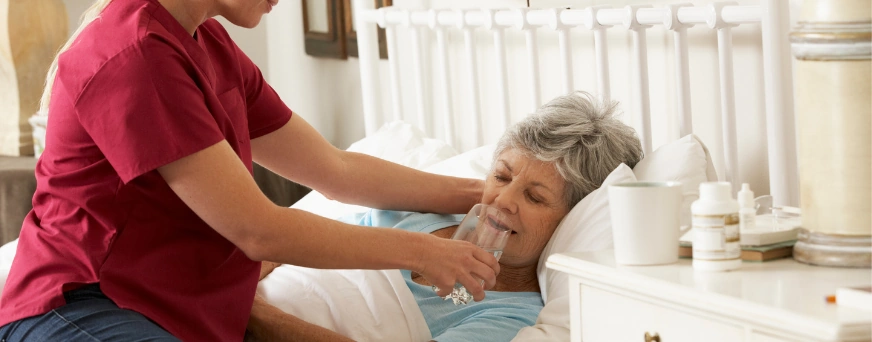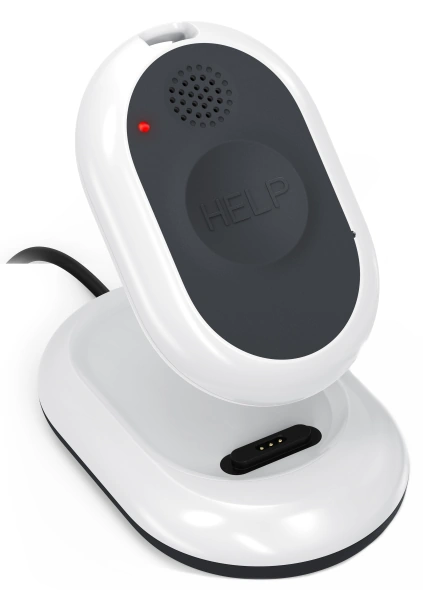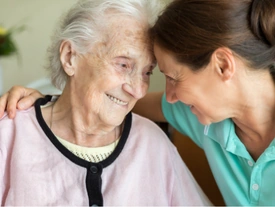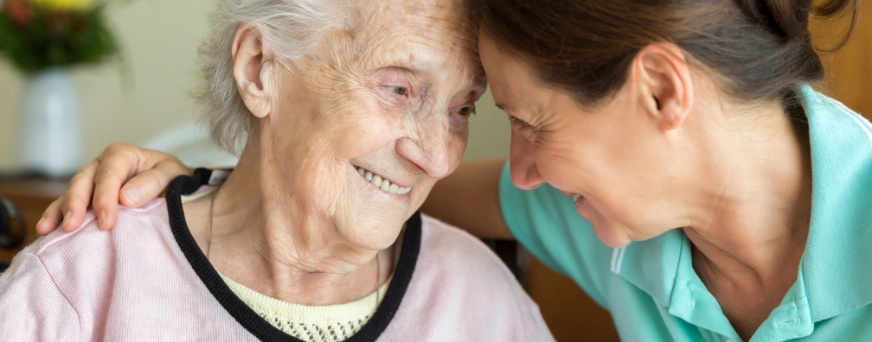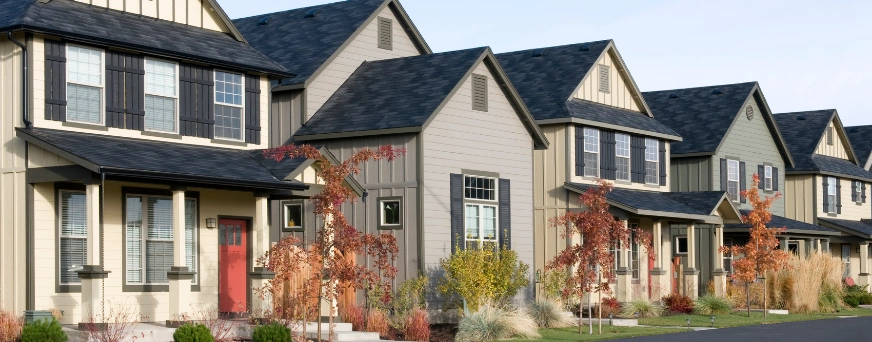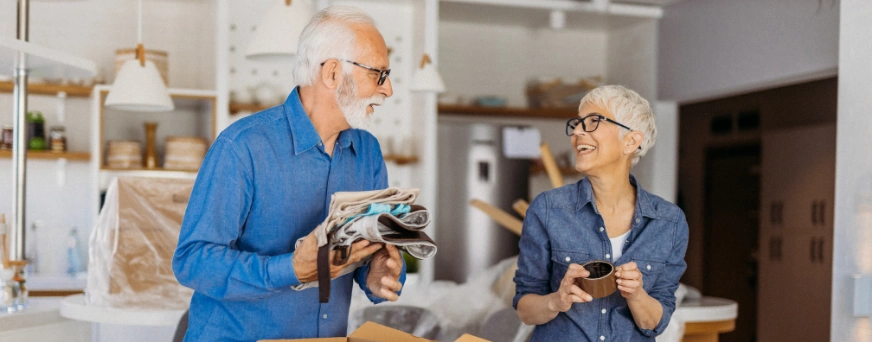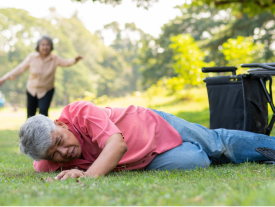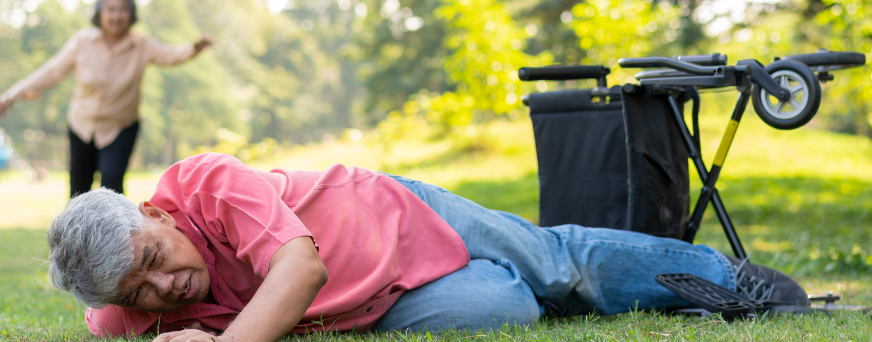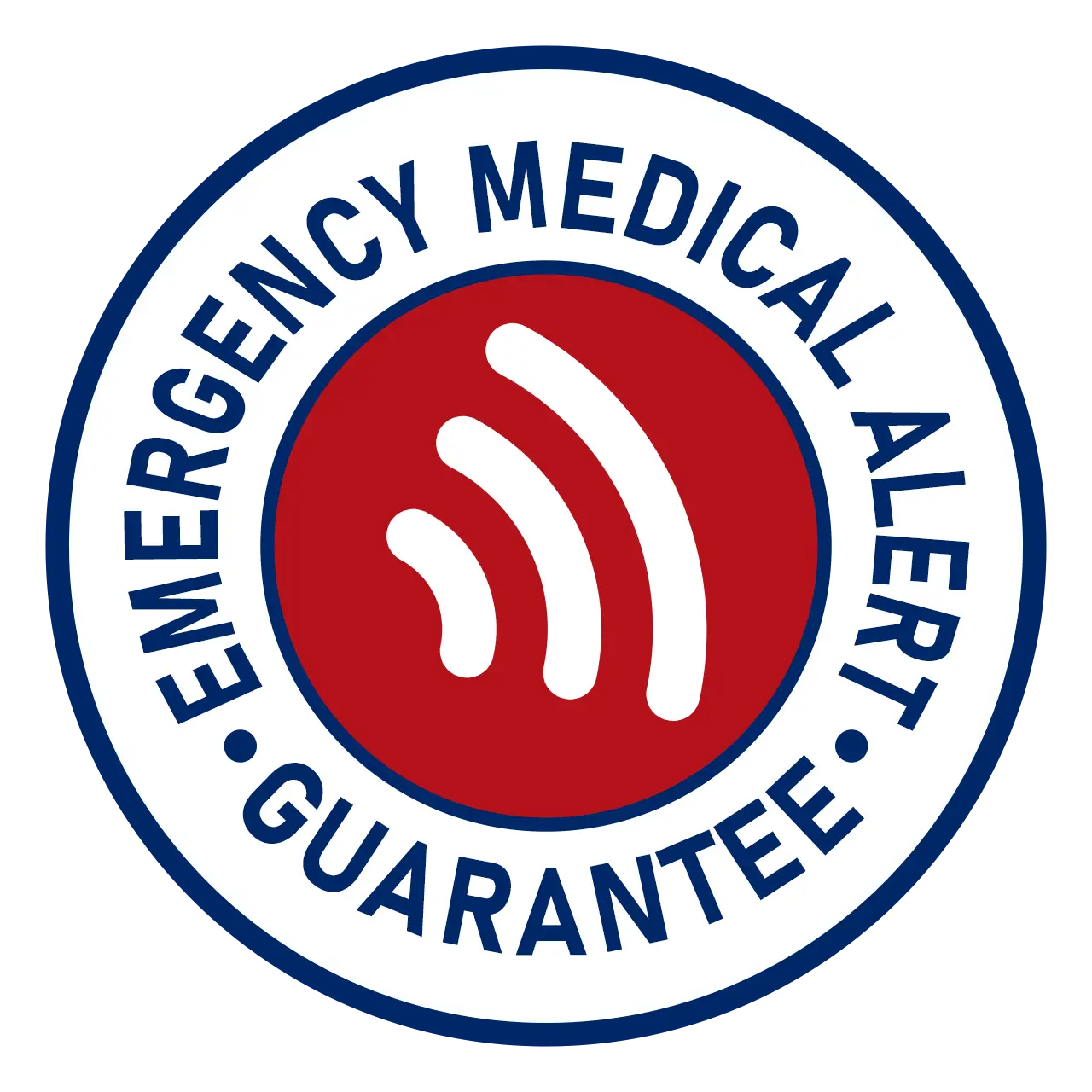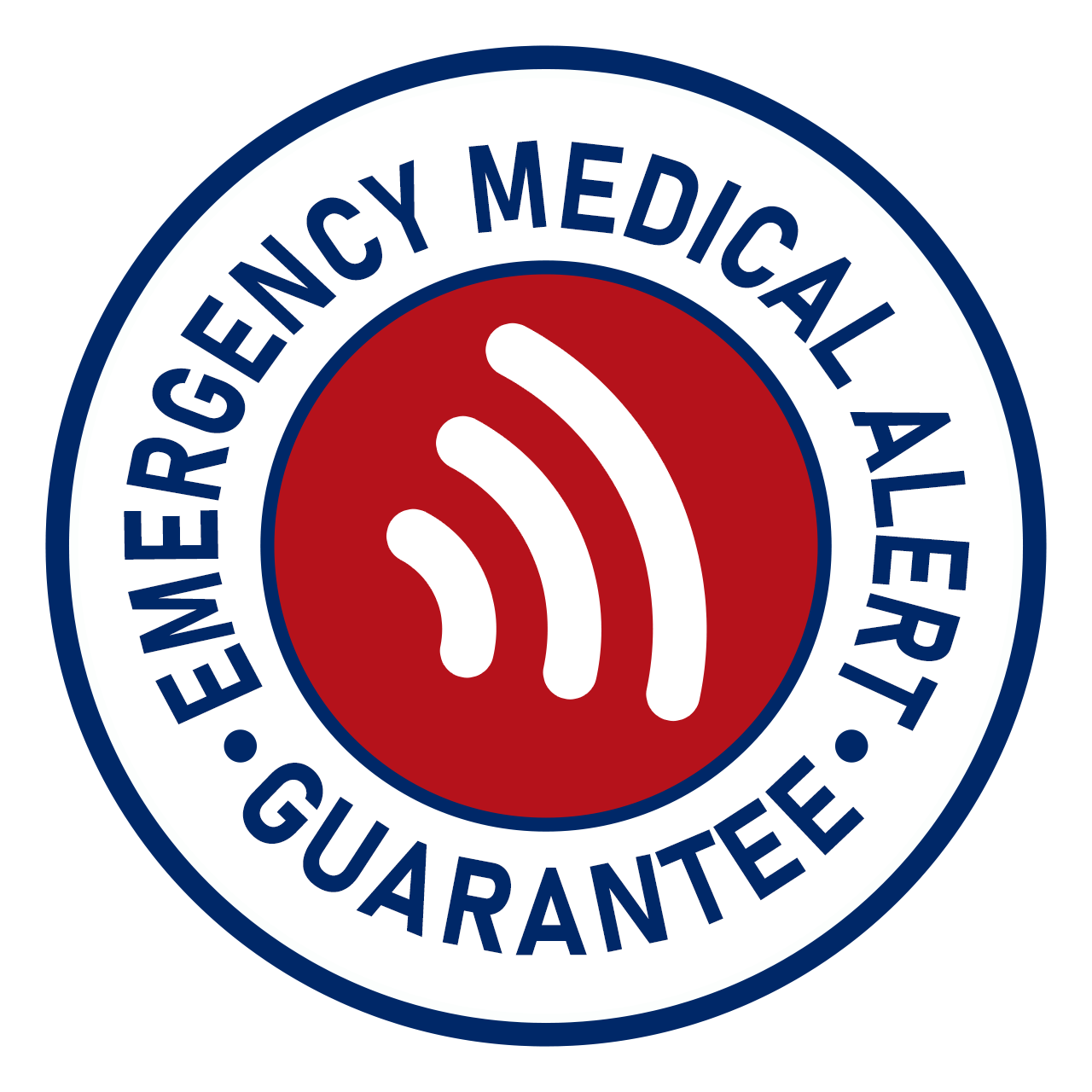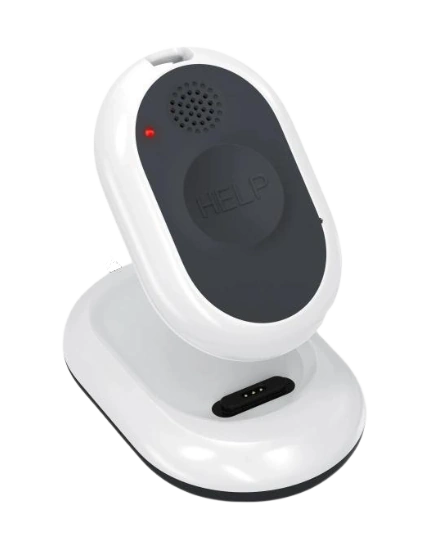Expert Opinion: Are Colonoscopies Safe For Everyone?
Key Takeaway
Colonoscopies are generally safe, effective, and one of the best tools for detecting colon cancer early. Most people experience only mild temporary discomfort, while serious complications are rare. Higher-risk patients, such as those with heart, lung, or bleeding disorders, may need extra precautions. Following prep instructions, sharing full medical history, and watching for post-procedure warning signs help ensure a smooth and safe screening.
If you have ever wondered, "Are colonoscopies safe". You’re not alone. This method is an essential tool in detecting colon cancer early and maintaining a healthy digestive system. But it’s only natural for questions to arise about its safety.
In this article, expert answers will be provided that will hopefully make you feel sure about what to expect and help you decide if having a colonoscopy is something you should consider or not.
Understanding The Safety Of Colonoscopy For The General Population
To understand the safety of colonoscopy for the general population, one needs to consider knowing these:
How Colonoscopies Work And Why They’re Done?

If you are on the way to get a colonoscopy done, you might find the feeling very intimidating at first. However, if you understand the entire procedure and what you actually will go through, it will make your anxiety issues calm down.
This process helps your doctor examine your colon to detect any problems inside your body. Using this method, doctors can spot polyps that can be the reason behind cancer if left untreated. These can also be helpful in detecting any signs of inflammation or bleeding.
Moreover, at first, you will be sedated during this process to make sure that you remain relaxed and are comfortable throughout the process. Then, the colonoscope which is a thin, flexible tube attached with a source of light and camera at its end is inserted into your rectum.
The camera attached at the ends sends images of the insides of the colon so that your doctor can examine the lining closely and detect any anomalies. If necessary, they can excise polyps or take small tissue samples without much discomfort.
What Makes Colonoscopies Generally Safe?
Colonoscopies are generally safe when performed by trained specialists in hygienic and controlled settings, such as hospitals. However, hospitals and clinics also expect you to follow protocols and safety standards that will eventually help you minimize the risk and chances of infection or any other issue.
Other improvements in technology and sedation methods also make it easier and safer for the majority of people.
This makes the procedure completely safe, and you can proceed to get it done without any worry regarding anything happening. In case of any queries, you can ask your doctor and get your doubts solved, thus making yourself feel better about the procedure.
What Are The Possible Complications?
The most common complication after a colonoscopy is cramping or bloating, which are really common. But there is nothing to be afraid of; these symptoms are temporary and will fade off soon.
More serious complications are rare and can usually be just bleeding or a tear in the colon wall, which may require further intervention but is treatable.
There is a particularly average rate of risk related to colon cancer in adults. But the benefits of the procedure are worth taking the risks. It is a proactive measure that you can generally adopt in order to keep your health fine and detect the issues that can cause issues in the long run.
Who Might Face Higher Risk From A Colonoscopy?
The risk of facing complications during colonoscopy is usually negligible, but there may be some cases where you might come across issues, these are:
Patients With Pre-existing Health Conditions
If you do have particular health conditions, such as heart disease, lung issues, or bleeding disorders, then your risk of having a colonoscopy might be greater. Such disorders can pose additional risks to sedation or bleeding in the process of removing polyps.
You should go for a check up before you start with your colonoscopy surgery. On the other hand, inform the doctor about your medical history and show the previous documentation as well so that a treatment plan with better implementation can be customized for you.
Elderly And Immuno-Compromised Patients
As you age, your body slows down, and you may feel that you are not healing faster than you used to when you were younger. You may even have some issues with immunity.
Your chance of encountering issues such as infection or a slower recovery timeline following a colonoscopy increases in this way.
On the other hand, if you have a weak immune system, you should take special care of it because, because of age, you might negatively react against certain medicines or cancer treatment.
Your healthcare team will likely manage you closely and suggest what can be done in order to mitigate risks. They may also consider alternative tests if a colonoscopy would be too risky.
What Patients Can Do To Ensure A Safe Colonoscopy?

Although the majority of the things are in the hands of your specialists, there are certain things that even you as a patient can do to ensure a safe colonoscopy:
Pre-Procedure Consultation And Full Disclosure
Open communication with your doctor is key before your colonoscopy. You have to disclose a complete medical history that includes past surgeries, current medications and allergies.
This will help your healthcare team select the safest sedation option and anticipate anything you might need.
Leave out no details, no matter how small they may seem. Tell the doctor everything regarding your health. Your honesty can prevent complications and ensure your safety.
Following Preparation Guidelines Strictly
How well you follow the prep instructions can make or break the success of your colonoscopy and your safety, too. This generally involves adhering to a clear liquid diet and some prescription laxatives to fully clean out your colon.
If your colon is not clear, your doctor may find it difficult to find the underlying issues or may be unable to finish the check-up.
This might put you in a situation where you have to repeat the process again and go through the same thing once again because your insides weren't suitable for the assessment at that time.
Plus, it lowers the chance of infection and complications during the exam. Therefore, take your prep seriously; it’s a vital step for a good colonoscopy.
Post-Procedure Care And Warning Signs To Watch
You will probably experience some bloating or gentle cramps after your colonoscopy, and this is completely normal. But you should also look out for warning signs such as severe abdominal pain, heavy rectal bleeding, dizziness or fever.
If you experience any of these, seek medical attention right away. Adhering to post-procedure directives such as resting, refraining from heavy lifting and maintaining hydration lets your body heal in a safe manner.
Conclusion
To answer the question of “Are colonoscopies safe”, it can thus be said that a colonoscopy is safe and effective if done correctly.
Knowing how it is done and taking proper precautions after the procedure helps minimize risks and allows you to feel assured about your screening and the results.

